What are the benefits of Practical Life activities?
Recently, I posted an article on a social media site that I had written on how to set up a dishwashing station for a child. Today, I want to address the benefits of Practical Life Activities.
While most of the feedback I received on my dishwashing station post was positive, some responses were along the lines of, “Kids have the rest of their childhoods to learn how to wash dishes.“, and “Let them just be little.”
It occurred to me that the aims of Montessori Practical Life activities are not clear to many people.
There is solid reasoning behind Practical Life activities being an integral part of Montessori and other preschool programs.
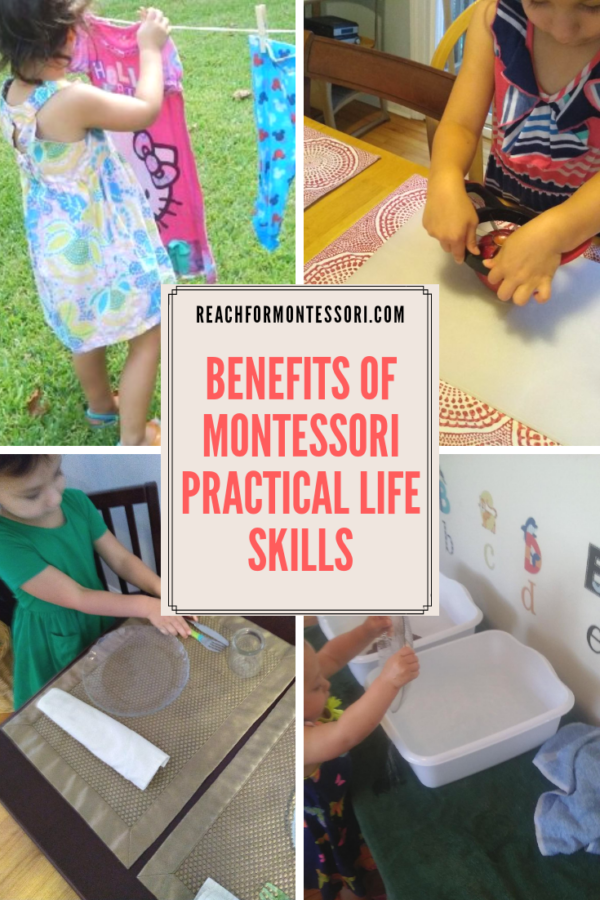
What Practical Life activities can I do with my toddler?
Practical Life activities are activities such as pouring water from a pitcher to a glass, washing dishes, hand washing, hanging clothes on the line using clothespins, setting the dinner table, etc.
They are just normal everyday activities that many parents perform themselves, without thinking to invite their child's participation.
Here is a list of several Practical Life Activities:
- dishwashing
- hand washing
- flower arranging
- The Montessori Button Frame
- making juice
- cooking
- learning how to use work mats
- putting on a coat
- Grace and Courtesy lessons
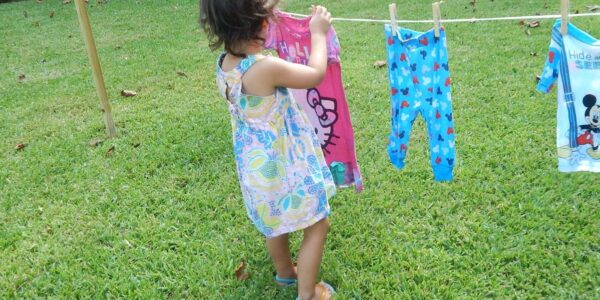
The benefits of Practical Life activities
Let's take a closer look at hanging clothes out on a clothesline to dry. At first thought, it seems pointless to show a preschool-aged child how to perform this task. I mean, why not just do it yourself or throw the clothes in the dryer?
Here is a list of the benefits of this particular activity:
1) Increased finger strength that will help with future handwriting.
2) The child practices their pincer grasp. (Again, a great pre-handwriting activity.)
3) Increased hand dexterity.
4) The child is using both large and small muscle movements, which helps their coordination.
Practical Life activities will increase your child's attention span
5) The activity is engrossing and time consuming, which helps the development of concentration and attention span.
6) There is something to be learned from the activity: science (How the sun and wind help dry the clothes), math (How many clothespins do you need if you use 2 per washcloth and you have 3 wash clothes to hang up?), Ect.
7) It builds self-confidence.
8) It encourages independence.
9) It encourages care of their clothes and care of the environment.
10) It teaches a child an important life skill.
11) It helps develop a sense of order. (By following the steps.)
12) It advances social skills. (From performing the activity with you, then from showing others, friends and siblings, how to hang clothes.)
Now, think about washing dishes as a Practical Life activity and try to come up with a list of benefits similar to the one above…pretty neat, huh?
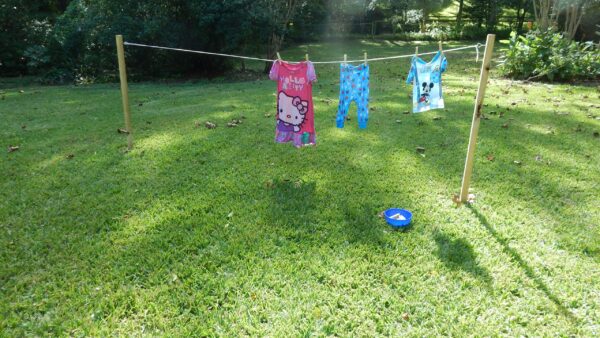
Should kids have chores?
I hate that word, “chores”, but for the sake of taking this conversation mainstream, we can use that horrid word. The fact is, research shows that children who participate in “chores” are more intelligent and successful in adulthood.
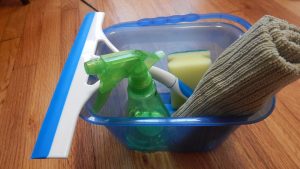
While many might attribute this to children learning hard work and responsibility, I would argue that the list above gives a better, more thorough explanation of why children who participate in “chores” are more successful, more intelligent adults.
Practical Life activities also play an important role in achieving obedience in your home. Read more about that here!
What are your thoughts on this? What household activities does your child participate in?
Cheers and don't forget to subscribe!
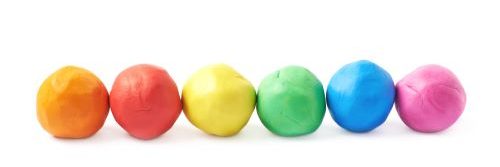
Pingback: The Top 3 Best Play Kitchens For Kids – Parenting with Purpose
Pingback: 17 Ways to Prepare a Young Child For a New Baby – Parenting with Purpose
Pingback: How to be Screen-Free
Pingback: How Montessori Works
Pingback: 35 Pincer Grasp Activities for Toddlers and Preschoolers
Pingback: Montessori Geography: Land and Water Formations
Pingback: Are Montessori Schools Free? — Parenting with Purpose
Pingback: When Can Kids Wipe Their Own Butts? — The Montessori-Minded Mom
Pingback: Why Does Montessori Use Glass Dishes Instead of Plastic? — The Montessori-Minded Mom
Pingback: How To Set Up Your Home The Montessori Way — The Montessori-Minded Mom
Pingback: Hand Washing for Kids — The Montessori-Minded Mom
Could you please explain how the clothes washing exercises teaches logical thinking???
@Ana B,
Logical thinking: Clothes are dirty. In order to have clean clothes, we must wash them. We wash the clothes, we have clean clothes. Bam, logical thinking.